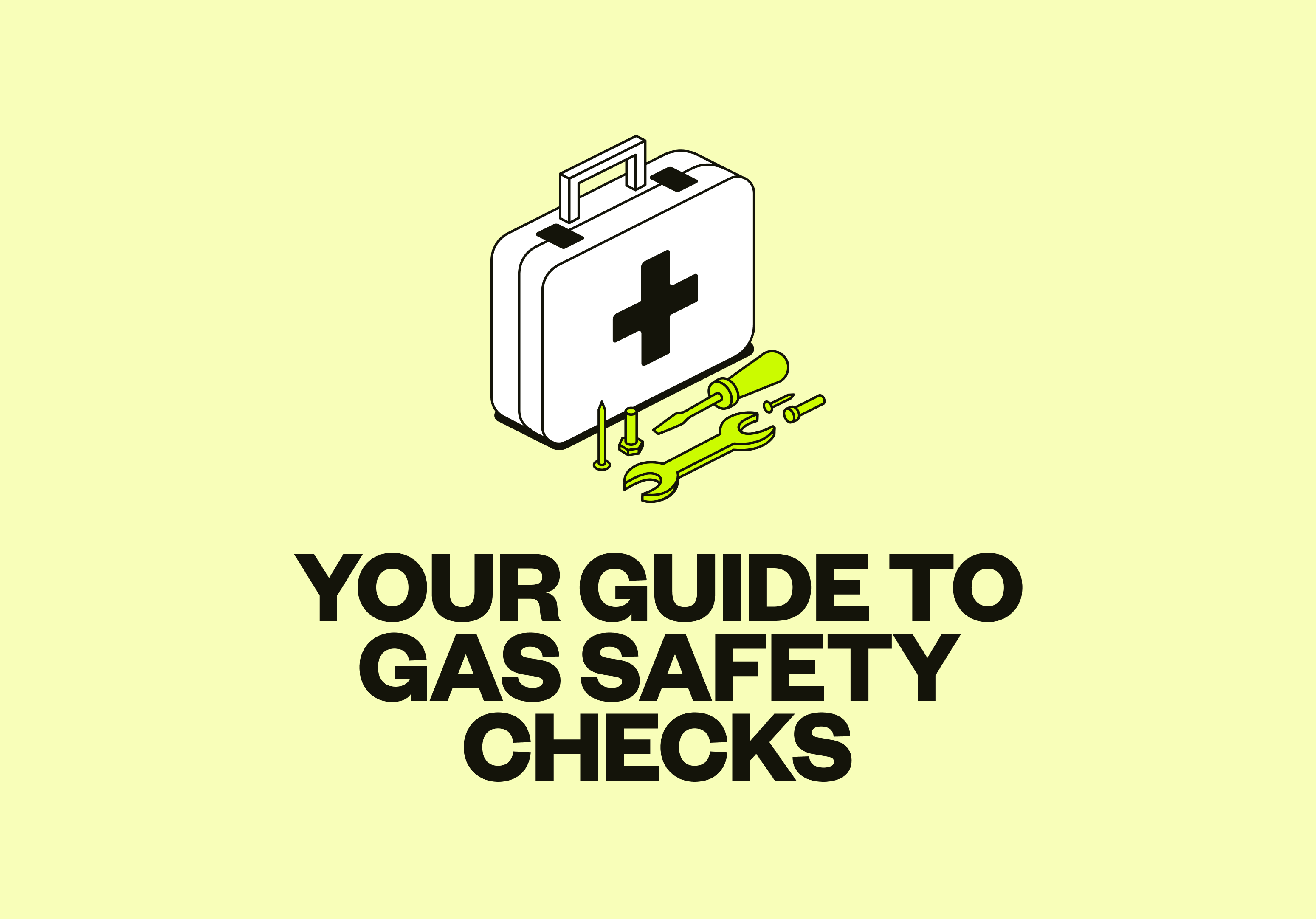May 2025
Why is my energy bill so high?
We've put together this blog to help you understand why your bill might be higher than usual.

An unexpectedly high energy bill can be alarming. Whether you're trying to stick to a budget or simply reduce your carbon footprint, it's important to understand what might be driving those costs up.
We’ve put together a few reasons why your bill might be higher than usual, and what you can do about it.
Why your energy bill might be higher than expected
Reasons include:
- Increased energy usage
- Poor insulation or draughts
- Changes in tariffs or rates
- Incorrect estimated readings
- A faulty meter
You can take the following steps to reduce your energy bill:
- Try a more energy-efficient lifestyle
- Insulate your house
- Install a smart meter
- Install solar panels
- Switch tariff or energy suppliers
What’s the average energy bill in the UK?
Your energy bill isn’t based on just one number. It depends on things like the size of your home, how many people live there, and how much energy you use. Prices also vary depending on unit rates and standing charges.
Another key factor is Ofgem’s price cap, which limits how much suppliers can charge. For a typical UK household using both gas and electricity and paying by Direct Debit, this cap helps keep annual energy costs in check.
Here are the average annual energy use values for different categories of households, according to Ofgem’s guide on average gas and electricity usage:
Using this information, it’s a little easier to understand how much energy you use compared to similar households.
If you can see that your energy bill is higher than the average, it's possible to find out why, so you can take steps to lower your energy bill.
Reasons your energy bill might be higher than expected
Here are the five key reasons why your energy bill is higher than you think it should be.
1. Increased energy use
There are several factors that could cause this, including:
Changing seasons
Your energy use often changes with the seasons. In winter, people usually spend more time indoors and use heating and lighting more often. In warmer months, you might use fans or cooling systems. These seasonal habits can cause your energy bills to go up or down throughout the year.
Working from home
Working from home can lead to higher energy use. Even if you’re just using a laptop, things like boiling the kettle or running a heater or fan to stay comfortable can add up. Over time, these everyday activities can noticeably increase your bill
School holidays
Sounds like an obvious one, but if you have children who are home for school breaks, this can cause spikes in your energy use. Increased use of TVs, gaming devices or other household appliances like microwaves and can all make a difference to your bill.
Using high-energy appliances
Frequent use of high-energy devices like washing machines, tumble dryers and dishwashers are a major reason for high bills.
According to The Energy Saving Trust article What appliances use the most electricity?, the following devices are found to be the main sources of high household energy use:
- Washing machines, dishwashers, and tumble dryers account for 14% of household energy usage.
- Fridges and freezers account for 13% of household energy usage.
- TVs, laptops, and games consoles account for 6% of household energy usage.
- Lighting accounts for 5% of total household energy usage.
- Ovens, microwaves, and kettles account for 4% of household energy usage.
2. Changes in tariffs or rates
The main reason for rising energy tariffs and rates is the wholesale market price of gas and electricity.
Energy prices have become more unpredictable in recent years. This is due to things like global market changes, extreme weather, higher demand, and supply chain problems. In the UK, the impact has been even greater because the energy system relies heavily on gas. One major reason is the shutdown of a Russian gas pipeline that supplied Europe—including the UK’s connected gas network. These global issues are outside the UK Government’s control.
3. Incorrect estimated readings
When an energy supplier doesn’t have an accurate meter reading, they'll estimate your energy usage based on your meter’s annual use. They might also consider seasonal use and the number of people living in your home.
If your energy bill is based on an estimate, it might be higher than it should be. Especially if you’ve recently made changes to reduce your energy use, like installing solar panels or improving insulation. These updates might not yet show up in your annual use, so your bill might not reflect your actual use.
4. Faulty meter
If you’ve ruled out other causes and your bill still seems unusually high, it’s worth checking your meter. That said, it’s highly unlikely your meter is faulty, because statistically, they almost never fail.
What can I do if my energy bill is not correct?
Sometimes, your bill might be too high because of an error, like overestimated use, being charged for the wrong meter, or your meter not tracking usage correctly. If you think something’s not right, get in touch and we’ll look into it and help sort things out.
How to reduce high energy bills
If your energy bills are high due to increased use or energy prices that are out of your control, there are several actions you can take to reduce your energy bills.
1. Start some energy-saving habits
There are various lifestyle changes that you can make to improve your energy savings. These changes include:
- Lowering the temperature on your thermostat
- Completely turning off devices that are in standby mode
- Showering instead of bathing, or taking shorter showers
- Switching to energy-efficient lighting
- Turning off the lights and any other devices when you’re not using them
2. Insulate your home
If your home isn’t properly insulated, you’ll be spending more than you need to on heating and cooling your home during the coldest and hottest months of the year. You can improve the insulation of your house by:
- Insulating your floor, walls, and loft
- Sealing gaps between doors and floorboards and around windows
- Adding thick curtains or blinds to your windows
- Insulating your pipes and hot water geyser
- Double-glazing your windows
3. Install a smart meter
A smart meter is key to helping you track your energy use so you can identify when you are using the most energy. This will help you better understand which activities have the highest energy costs so you can take steps to improve your energy efficiency.
A smart meter will also send meter readings to your supplier automatically. This means you don't need to send manual meter readings any more, and no more estimated bills.
4. Install solar panels
A great way to reduce your energy bills is by installing solar panels.
The benefits that you’ll gain from installing solar panels include:
- Reducing electricity bills in the long term
- Shielding you from energy price hikes
- Reducing your dependence on the grid
- Producing green energy
- Improving the value of your property
- Selling your extra energy to the grid, with the Smart Export Guarantee (SEG)
Adding battery storage to your solar panel setup lets you store extra energy for later use, like at night or on cloudy days. This means you can rely less on the grid and save even more on your energy bills.
Find out if you're eligible for one of the money-saving schemes that the government offer.
And bear in mind that with So Energy, you can get battery and solar installed with one of our payment options. Meaning you could pay as little as £75 a month to start your solar journey.
In Summary
If your energy bill is higher than expected, there could be many reasons like seasonal changes, working from home, billing errors, or global price shifts. Understanding these factors can help you take control and reduce your costs. Check out our blog on energy-saving tips for some more ideas on how to bring down your bills.







